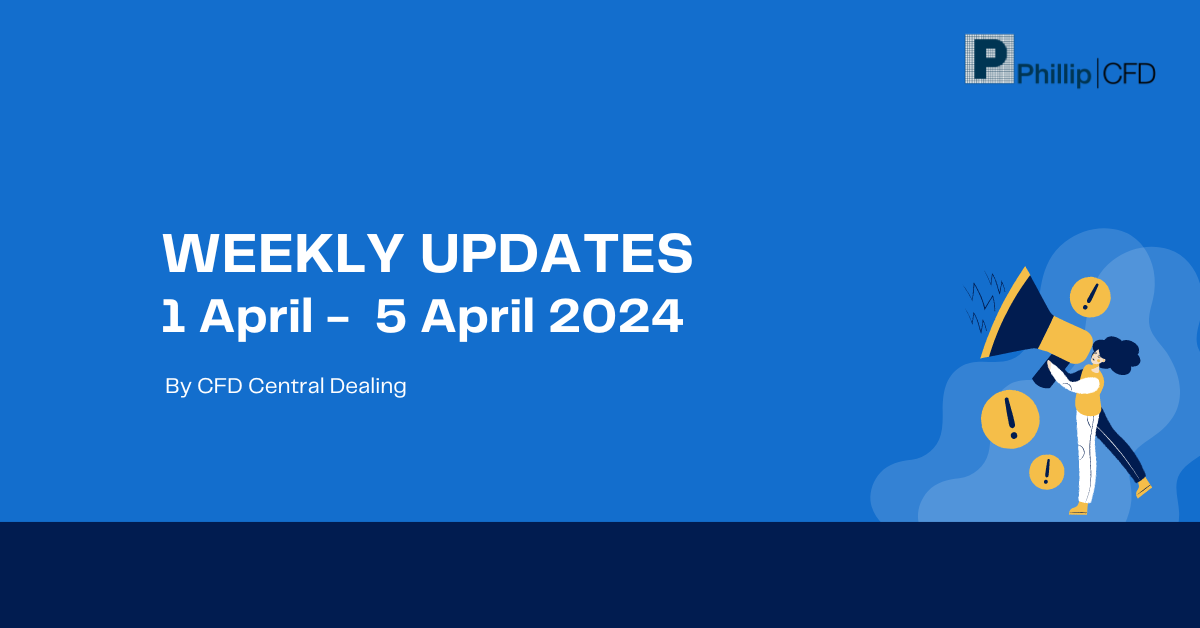Earnest Money
Table of Contents
Earnest money
Any home buyer would hate to put down money to purchase a home just to lose it, but it does happen. When you sign a purchase agreement, you make an initial deposit called an earnest money deposit. When you submit an offer, you might need to deposit earnest money in some circumstances. Earnest money is a deposit to let the seller know you are prepared to proceed if your offer is accepted. It normally amounts to 1% to 2% of the home’s total cost.
What is earnest money?
Earnest money, often called a pledge, is a sum that a buyer provides to a seller to show his good faith and intention to finish the purchase. The amount is often between 1% and 2% of the sale price or a set sum.
Binder or token money are other names for earnest money. It verifies a contract, and both parties must carry out the verbal agreement after the earnest money is paid. Earnest money is frequently utilised in real estate transactions and can be used to buy the buyer extra time to locate financing or the remaining funds to pay the full property price.
Understanding earnest money
Although it is normally delivered after the sales contract or purchase agreement is signed, earnest money might be linked to the offer. The deposit is typically held in an escrow account until closing, when it is used to pay the buyer’s down payment and closing costs. Both sides sign a contract when a buyer obtains a house from a seller.
The buyer is not required to buy the property under the contract because the home assessment and inspection reports could subsequently point out issues with the property. The agreement does require the seller to remove the property from the market. The buyer makes an earnest money deposit to show that the offer to buy the property is being made in good faith.
If something specified in advance in the contract goes wrong, the buyer can get the earnest money deposit. For example, the earnest money is returned if inspection found a significant flaw, provided these contingencies are included in the contract.
How does earnest money work?
When sellers accept your offer, they want you to submit earnest money since it demonstrates your commitment to the transaction. In return, they will remove the property from the market and count on you to proceed with the appraisal, home inspection, and other procedures necessary to close on the property.
Your real estate agent and the seller’s agent will discuss the earnest money you must pay and the terms of its transfer. Although it’s becoming normal to transmit the money electronically, buyers typically provide a check or money order to cover the earnest money. A third party must hold the earnest money (often a title firm or in an escrow account) until closing, at which point it is applied to closing fees or the down payment.
Earnest money deposit
The benefits of an earnest money deposit apply to all parties involved in the housing acquisition. It comforts the homeowner that the buyer will follow through on the agreement and acquire the home. The earnest money deposit amount is often expected to be at least 1% of the purchase price, while rates can occasionally approach 2-3%.
Some elements that influence the EMD quantity are listed below:
- The current state of the real estate market. Houses that sell quickly can require more EMD from the seller.
- The total worth of the property
- If more than one buyer submits a bid for a property, the buyer who offers the most earnest money deposit may seal the agreement.
Frequently Asked Questions
Earnest money can protect both parties if a buyer finds an issue with the property or cancels the deal. By going above and beyond and securing verified approval or making a deposit as earnest money, you can show a seller that you are serious about your offer and set it apart from that of other buyers.
The deposit made by a buyer to a seller as a sign of good faith in the house purchase is referred to as earnest money. The cash gives the buyer additional time to get financing, find candidates, value the property, and conduct inspections before finalising the purchase.
Earnest money gives the buyer more time before the purchase is finalised to secure financing, have the property valued, and conduct inspections.
Keep the following advice in mind to protect your earnest money deposit. Never hand over an earnest money deposit to the seller immediately. Pay a deposit to an established and well-known real estate agency, law firm, escrow company, or title company. Confirm that the third party will put the money into an escrow account that is kept independently. Get a receipt. In general, wait until your transaction is completed before approving your earnest money’s release.
Earnest money deposits assist you in securing a transaction so that the process may begin. Downpayments assist in completing the transaction and guarantee the buyer owns the property. Both must ensure that the property you are interested in becomes yours.
Related Terms
- Margin Requirement
- Pledged Asset
- Stochastic Oscillator
- Prepayment risk
- Homemade leverage
- Prime bank investments
- ESG
- Capitulation
- Shareholder service fees
- Insurable Interest
- Minority Interest
- Passive Investing
- Market cycle
- Progressive tax
- Correlation
- Margin Requirement
- Pledged Asset
- Stochastic Oscillator
- Prepayment risk
- Homemade leverage
- Prime bank investments
- ESG
- Capitulation
- Shareholder service fees
- Insurable Interest
- Minority Interest
- Passive Investing
- Market cycle
- Progressive tax
- Correlation
- NFT
- Carbon credits
- Hyperinflation
- Hostile takeover
- Travel insurance
- Money market
- Dividend investing
- Digital Assets
- Coupon yield
- Counterparty
- Sharpe ratio
- Alpha and beta
- Investment advisory
- Wealth management
- Variable annuity
- Asset management
- Value of Land
- Investment Policy
- Investment Horizon
- Forward Contracts
- Equity Hedging
- Encumbrance
- Money Market Instruments
- Share Market
- Opening price
- Transfer of Shares
- Alternative investments
- Lumpsum
- Derivatives market
- Operating assets
- Hypothecation
- Accumulated dividend
- Assets under management
- Endowment
- Return on investment
- Investments
- Acceleration clause
- Heat maps
- Lock-in period
- Tranches
- Stock Keeping Unit
- Real Estate Investment Trusts
- Prospectus
- Turnover
- Tangible assets
- Preference Shares
- Open-ended investment company
- Standard deviation
- Independent financial adviser
- ESG investing
- Primary market
- Leveraged Loan
- Transferring assets
- Shares
- Fixed annuity
- Underlying asset
- Quick asset
- Portfolio
- Mutual fund
- Xenocurrency
- Bitcoin Mining
- Option contract
- Depreciation
- Inflation
- Cryptocurrency
- Options
- Asset
- Reinvestment option
- Capital appreciation
- Style Box
- Top-down Investing
- Trail commission
- Unit holder
- Yield curve
- Rebalancing
- Vesting
- Private equity
- Bull Market
- Absolute Return
- Leaseback
- Impact investing
- Venture Capital
- Buy limit
- Asset stripper
- Volatility
- Investment objective
- Annuity
- Sustainable investing
- Face-amount certificate
- Lipper ratings
- Investment stewardship
- Average accounting return
- Asset class
- Active management
- Breakpoint
- Expense ratio
- Bear market
- Annualised rate of return
- Hedging
- Equity options
- Dollar-Cost Averaging (DCA)
- Due Diligence
- Contrarian Investor
Most Popular Terms
Other Terms
- Physical ETF
- Initial Public Offering
- Buyback
- Secondary Sharing
- Bookrunner
- Notional amount
- Negative convexity
- Jumbo pools
- Inverse floater
- Forward Swap
- Underwriting risk
- Reinvestment risk
- Final Maturity Date
- Payment Date
- Secondary Market
- Mark-to-market
- Yield Pickup
- Subordinated Debt
- Trailing Stops
- Treasury Stock Method
- Bullet Bonds
- Basket Trade
- Contrarian Strategy
- Exchange Control
- Notional Value
- Relevant Cost
- Dow Theory
- Speculation
- Stub
- Trading Volume
- Going Long
- Pink sheet stocks
- Rand cost averaging
- Sustainable investment
- Stop-limit sell order
- Economic Bubble
- Ask Price
- Constant prepayment rate
- Covenants
- Stock symbol
- Companion tranche
- Synthetic replication
- Bourse
- Beneficiary
- Witching Hour
- Widow and Orphan stock
- Public Float
- Closing Price
- Reverse stock splits
- Quiet period
Know More about
Tools/Educational Resources
Markets Offered by POEMS
Read the Latest Market Journal

Back in Business: The Return of IPOs & Top Traded Counters in March 2024
Start trading on POEMS! Open a free account here! At a glance: Major indices continue...

Weekly Updates 15/4/24 – 19/4/24
This weekly update is designed to help you stay informed and relate economic and company...

From $50 to $100: Unveiling the Impact of Inflation
In recent years, inflation has become a hot topic, evoking strong emotions as the cost...

Japan’s Economic Resurgence: Unveiling the Tailwinds Behind Nikkei 225’s Record Leap
Source: eSignal, Intercontinental Exchange, Inc. In the heart of Japan’s economic landscape, the Nikkei 225...

Weekly Updates 8/4/24 – 12/4/24
This weekly update is designed to help you stay informed and relate economic and...

What Makes Forex Trading Attractive?
In a world where the click of a button can send goods across oceans and...

Weekly Updates 1/4/24 – 5/4/24
This weekly update is designed to help you stay informed and relate economic and company...

How to soar higher with Positive Carry!
As US Fed interest rates are predicted to rise 6 times this year, it’s best...












